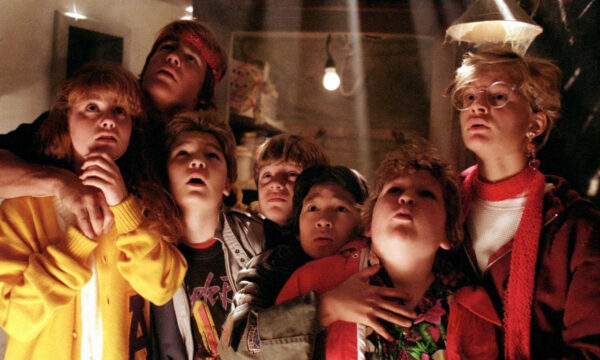How Mushie’s managed to shake up the baby care products industry

With the expansion of e-commerce, revenue for online baby and infant apparel sales has experienced steady growth since 2013 and is predicted to increase through 2023. Parents seeking to save time and shop more efficiently have turned increasingly to online shopping, and some baby product brands have adapted to this preference with impressive success.
According to IBISWorld, shops that “can integrate mobile websites or applications into their shopping platforms are likely to benefit, as an increasing number of broadband connections will lead to more consumers shopping online from their smartphones.”
The baby brand Mushie, famous for its adorable Instagram page full of babies using stylish baby essentials, has drawn in shoppers from all over the world. In just two years, co-founders Mushie and Levi Feigenson expanded their home-spun ideas into an internationally successful e-commerce company.
“We were literally a mum and pop shop – two parents who turned their Houston home into a little warehouse,” says Mushie Feigenson. “We worked constantly for the first months. We had an idea we really believed in, and we gave it everything.”
Since launching the brand, Mushie has risen to the forefront of the integration of retail and mobile shopping, debuting products on Instagram and Facebook through adorable videos of babies and children using their Scandinavian-style dummies, bibs and pacifiers. The brand’s chic appearance and forward-looking strategy represents the future of baby brands online.
The two years of focus that led to global growth
In 2018, both Feigenson parents left their jobs to found Mushie, investing just $1,500 to start.
“Levi was working as a marketing consultant. I was teaching and got sick during my pregnancy,” says Feigenson. “I spent a lot of time designing my nursery. I came up with a million ideas for how to do baby products differently.”
With several ideas for how to revolutionise the world of baby products, the Feigensons set out to pursue their dream of creating functional, stylish baby products that were safe for baby and environment.
“We divided and conquered,” explains Feigenson. “Levi strategised in the sales department, while I worked on the marketing. We had to dive in, give up sleep, disregard distractions, and just really believe in what we were doing.”
In year one, the brand obtained over $6,000,000 in revenue.
With manufacturing relationships in the US, Denmark, Turkey and Asia, the Mushie brand is able to produce high-quality products and then ship them out to over 2,500 retailers in more than 21 countries. 500 of those retailers are American – and prominent ones. Target, Nordstrom and Babylist.com now sell the brand’s increasingly popular products.
Influencer marketing, in-house
One of the most innovative (not to mention cost-efficient) aspects of the Mushie brand is that their marketing is done entirely in-house. Tapping into her knowledge from the world of Instagram, Feigenson has been able to curate a collection of Instagram photos and videos of stylish babies rocking the brand’s products from their homes.
When she was just starting out, Mushie contacted many well-known and micro-influencers, developing relationships and promoting their products. For many brands, influencer marketing is hit or miss. Major social media accounts are often bombarded with requests or uninterested in promoting a beginner brand. Feigenson says there’s a specific way to approach influencer marketing.
“I think the most important thing is to make a genuine connection,” says Feigenson. “Honestly, I just try to be nice. I say please and thank you whether someone takes on my product or not. I welcome advice and information from people I reach out to. And I never stop trying new things and connecting with as many people as possible.”
For Feigenson, relationships are key to a successful business and a way of life. And the world of influencer branding and social media has allowed her to curate a people-first marketing style.
Mushie’s combined Instagram and Facebook following now exceeds 720,000, and the brand does regular giveaways and promotions for parents of social media. Because of its focus on connecting with parents as people, the brand has also been able to participate in charitable giveaways and baby-related causes that mean something to their founders and their buyers.
A modern brand run by modern parents
With the number of moms in the workforce rising to 71.5% and the majority of households now consist of two working parents, Levi and Mushie Feigenson represent the contemporary working family.
In one of her Instagram stories, Feigenson explains that a new business is “like a newborn baby.” In order for the brand to succeed in its early years, the Feigenson parents had to dedicate long hours, sleepless nights, and thoughtful preparation for each step of development.
“While it has taken a lot out of us, we’re very proud of what we’ve accomplished,” says Feigenson. With six-figure yearly revenue and an international target audience, the two-year-old baby brand has brought in success that many e-commerce brands don’t see until at least year five.
The editorial unit

























Facebook
Twitter
Instagram
YouTube
RSS